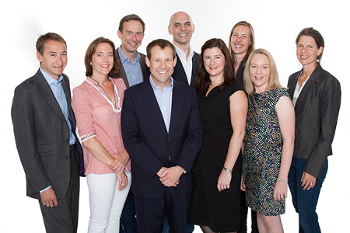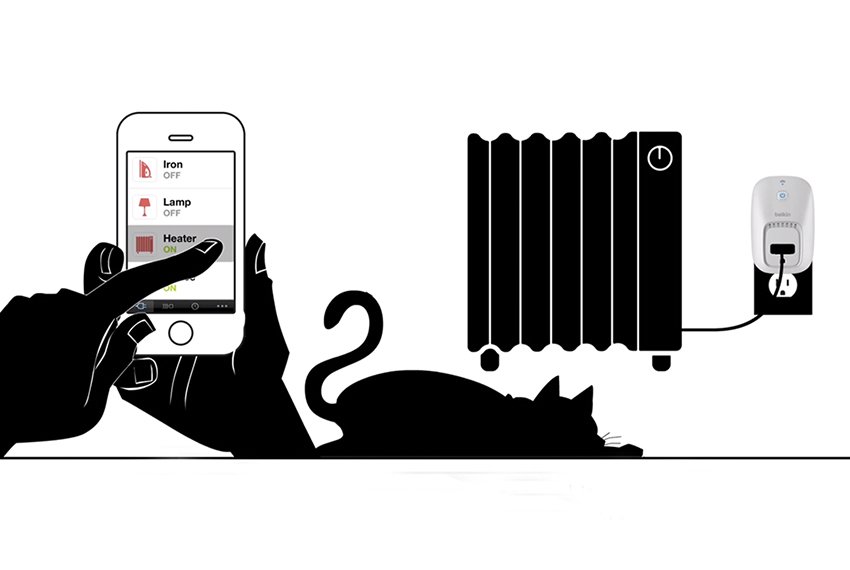When renowned Economist William Beveridge was contacted by the government in 1941, about the ways in which Britain should be rebuilt after World War Two, Beveridge engaged in a study of what social reforms would enable the government to fight what he considered the five “Giant Evils”:
“Want, Disease, Ignorance, Squalor and Idleness”.Beveridge conclusions were published in a report in 1942, which would later on lead the labour prime minister Clement Attlee to introduce the Welfare State in 1945, the establishment of the NHS in 1948 and a national system of benefits that provided the population with social security and protection throughout their whole lives. The system was partly built on the national insurance scheme set up previously by Lloyd George in 1911. In it, people and employers both made contributions each week. The money gathered, plus tax revenues, would then be managed by savvy technocrats, entrusted with the responsibility of providing benefits for all. Fast forward to 2015, one realises that even though the system is virtually still the same, some venture now to ask the startling question whether citizens should be the ones spending tax revenues rather than the technocrats at the top. This is the main question posed by Adam Lent of the RSA in 2014, in conjunction with his colleague Anthony Painter. In a blog post published by the RSA, Lent explains that the model where the state provides tax funded services is difficult to agree with nowadays, when people increasingly want self determination. It is argued that we are operating under a system right now that was devised at a different time, when people placed large doses of trust in the ability of a small, educated set of technical specialists to be the ones best able to provide beneficial outcomes for any and all areas of life of the general population. However now, people are increasingly uncomfortable with having little say over the goods and services they receive. The world has changed and citizens have changed with it. Consumers have a greater say in the goods and services they get from companies. Consumers even involve themselves in research and development as well as design. The Makers Movement is thriving, and the sharing economy revolutionizes old ways of doing business. On the other hand people are much more cynical and skeptical than they used to be in the past but also more creative and informed. As explained by Lent, the public sector has responded to this to some degree by discussing words like choice and personalisation, but in reality choice is just to some degree and in some ways it can be seen that the old model is simply being enhanced. Lent therefore argues that tax and spend for the creative times in which we live should allow people to be able to have more power over how money is spent. One of the challenges is that there is still an old fashioned relationship between the citizen and the state, and the model is very passive. The citizen has to hand over a certain set amount of their income and the state decides where that money goes and how it is spent, based on the priorities that they themselves set. There is a very limited amount of user choice and a small amount of consultation, but basically the power to spend the money is in the hands of a few, and the masses have little chance of influencing it. 6 key question for a new system of tax revenue spending in a new research by Adam Lent for the RSA Taxation in Creative Times The original proposal of Adam Lent, would be to look at taxation as more adamant with what he considers as our current creative times, ie to regard it “not as cash to be used by government and public sector officials but as a creative resource available to citizens”. What he means with “creative times” is explained through technological examples. Just as the recent invention of Youtube revolutionized the film and news industry and Facebook triggered political unrest in various countries, something similar will sooner or later occur in the public sector. A possible solution for the public sector conundrum at which we stand now, could be the possibility to reduce taxes and the size of the state. But as Adam Lent mentions, to reduce taxes could endanger a proper redistribution and would be faced with severe criticism from some sectors of society. These are fearful that the marketisation of public services would foster an individualist and consumerist mind-set, which is actually a concern to be taken seriously. To believe that the general population is already living their lives through the “creative mind-set” enthused with solidarity for each other and willing to experiment with collectivist models might still be just wishful thinking. Plus, to call benefits an “entitlements system” risks to be demagogic. Adam Lent’s article though does engages us in a futuristic thought provoking exercise of sketching a plan for the future: the one of designing a more effective approach to taxation through which the government and its various agencies could distribute tax to the citizens who would themselves arrange the delivery of services. As he says:
“Should we now consider a different approach that provides in-work support on a more universal basis, providing a basic foundation and allowing people to concentrate creatively on their careers and work rather than playing the entitlements system? These are open questions but must form part of any analysis of a new citizen-state relationship designed for creativity rather than hierarchy.”This model already exists to some extent in the UK, where people can be given direct payments in order to pay for their social care, rather than having to use the services that are offered by the local authority, giving some choice to citizens. If this model would be implemented, says Lent, it could have the benefit of leading to a less dysfunctional relationship between citizens and political leaders. More people would be likely to participate in politics and turn out on Election Day by being more engaged in the process. A Mindset Shift ? There are many questions that would need to be answered before the tax and corresponding services model is changed to a direct provision one. It would be a massive psychological shift and a new paradigm to accept for everyone including both the politicians and the people wanting the services. It would require as well a shift in consciousness based upon trust and reaching out to others. For now, it seems that such a system could only work with some sectors of the population, such as the Millennial generation, to whom creativity and self-determination are definitely important. One way or another, and as Lent writes:
” We are in the early garage innovation stage of political change; a re-defined citizen state relationship based on the creative resources principle would move it into the mainstream.”This proposal is part of a RSA research on the subject. The research aims to look at barriers to such an approach and how those could be addressed. It will also consider what the functions of the state would be with such a model and if any direct provision would be retained. It will assess the role of the welfare state under this model as well, and it would review any limitations that should be put in place, and how people might need to be supported under the new model. Not only that but it will consider the operational challenges that such a tremendous change might need. It will be fascinating to see the conclusions that the RSA come to on this matter.

Maria Fonseca is the Editor and Infographic Artist for IntelligentHQ. She is also a thought leader writing about social innovation, sharing economy, social business, and the commons. Aside her work for IntelligentHQ, Maria Fonseca is a visual artist and filmmaker that has exhibited widely in international events such as Manifesta 5, Sao Paulo Biennial, Photo Espana, Moderna Museet in Stockholm, Joshibi University and many others. She concluded her PhD on essayistic filmmaking , taken at University of Westminster in London and is preparing her post doc that will explore the links between creativity and the sharing economy.




























